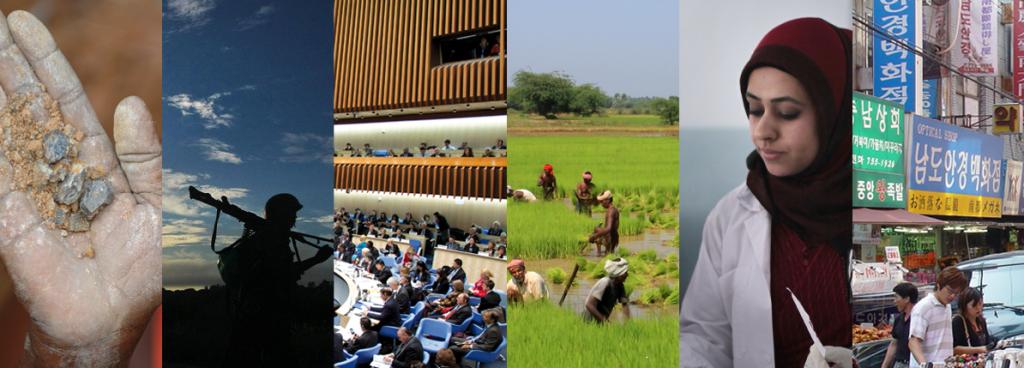Abstract
This presentation, drawing on a global and comparative ethnography, examines how Syrian men and women seeking refuge in a moment of unprecedented global displacement are received by countries of resettlement and asylum — the U.S., Canada and Germany. It shows that human capital, typically examined as the skills immigrants bring with them that shape their potential, is actually created, transformed, or destroyed by receiving nations’ incorporation policies. Since these policies derive from historically informed and unequal approaches to social welfare, refugees’ experiences raise a mirror to how nations (re)produce inequality.
About the Speaker
Heba Gowayed is the Moorman-Simon Assistant Professor of Sociology at Boston University. Her research, which is global and comparative, examines how low-income people traverse social services, immigration laws, and their associated bureaucracies, while grappling with gender and racial inequalities. She is currently working on her book, Refuge, under contract at Princeton University Press, is forthcoming in spring 2022.



